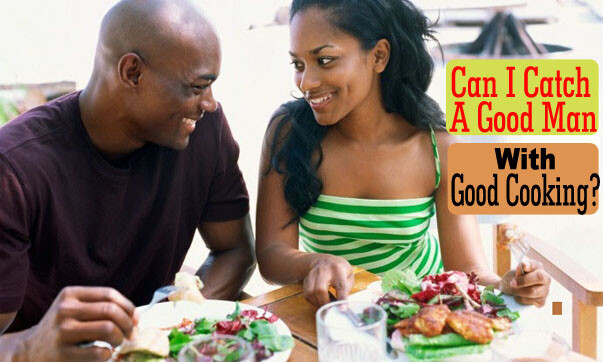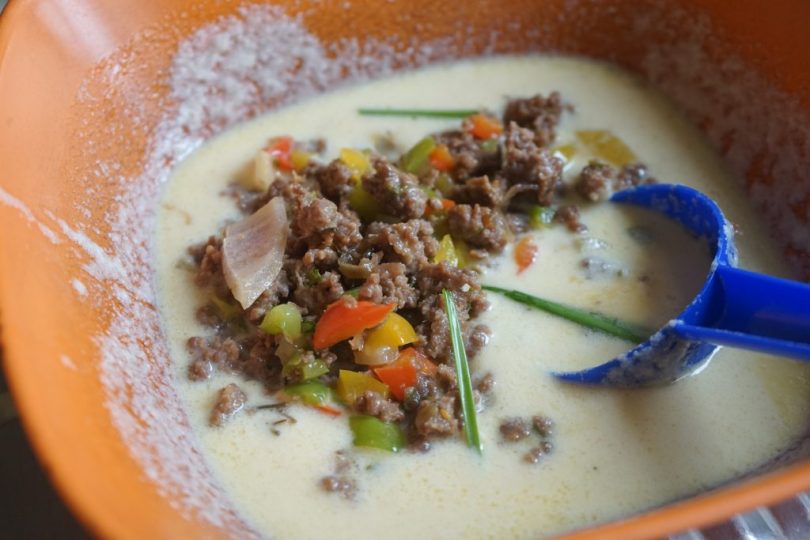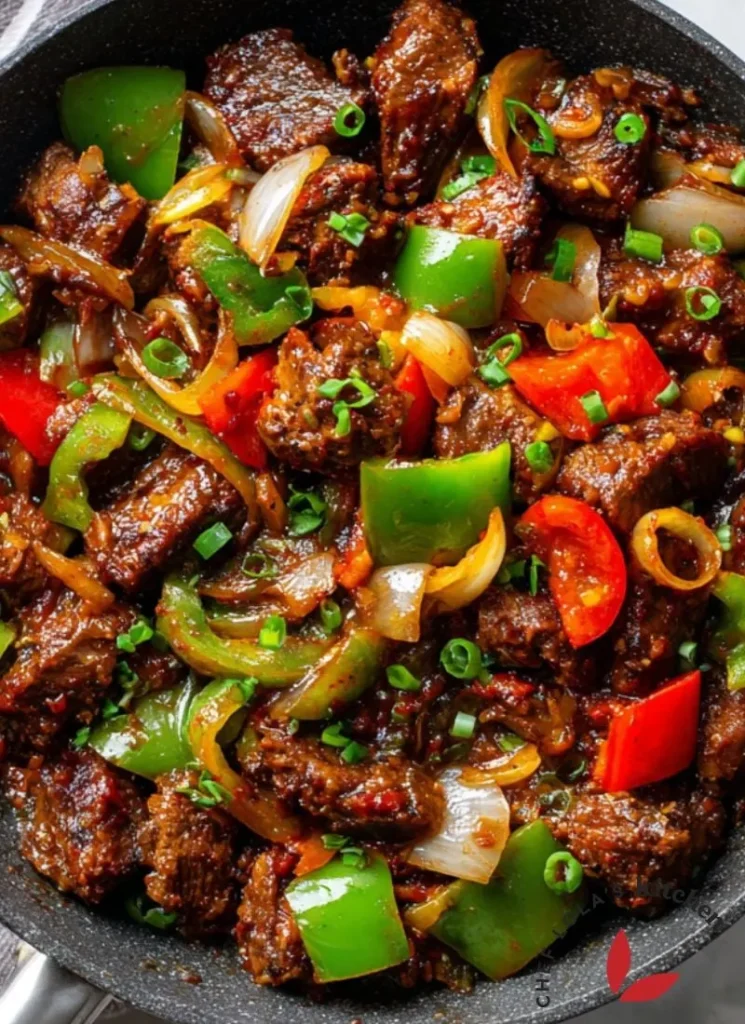The connection between culinary skills and relationship harmony has long been a topic of discussion, particularly in African cultures. While cooking abilities shouldn’t define a relationship’s success, there’s evidence suggesting that kitchen proficiency can positively influence domestic harmony.
This exploration delves into how cooking skills can impact relationships, drawing from real experiences and cultural perspectives while acknowledging that modern dynamics are evolving.
Ingredients
- Essential relationship ingredients: Communication
- Mutual respect and understanding
- Willingness to learn and adapt
- Basic cooking knowledge
- Kitchen confidence
Steps to Follow
- Step 1: Recognize that cooking skills are learnable and can be improved with practice
- Step 2: Start with basic recipes and gradually build confidence
- Step 3: Learn your partner’s food preferences and dietary needs
- Step 4: Develop a personal recipe collection that works for your household
- Step 5: Create a positive kitchen environment that encourages learning
- Step 6: Share kitchen responsibilities when possible
Additional Instructions
- Prep time: Varies by individual learning pace
- Learning period: Approximately 1 month for basics
- Consider taking cooking classes or following online tutorials
- Start with simple recipes before advancing to complex dishes
- Document successful recipes and cooking tips
- Be patient with the learning process
- Remember that cooking skills improve with practice
- Consider cultural expectations while maintaining personal boundaries
General Nutritional Values
- Note: Nutritional values vary by specific recipes prepared
- Approx. daily cooking efforts can provide:
- Calories: Varies by recipe (typically 300-800 kcal per serving)
- Protein: 15-30g per serving
- Carbohydrates: 30-60g per serving
- Fat: 10-25g per serving
- Actual values depend on ingredients and portion sizes


